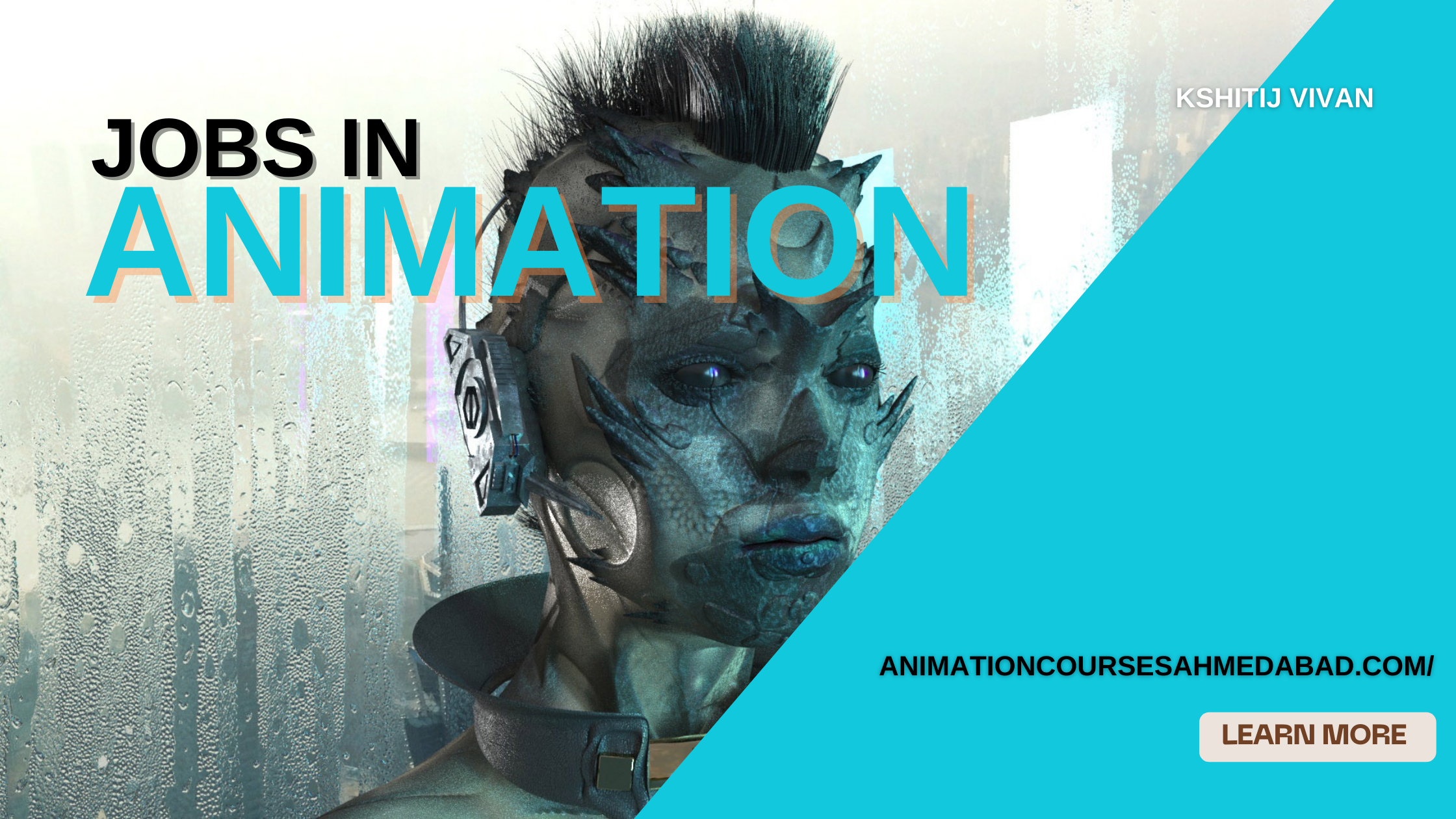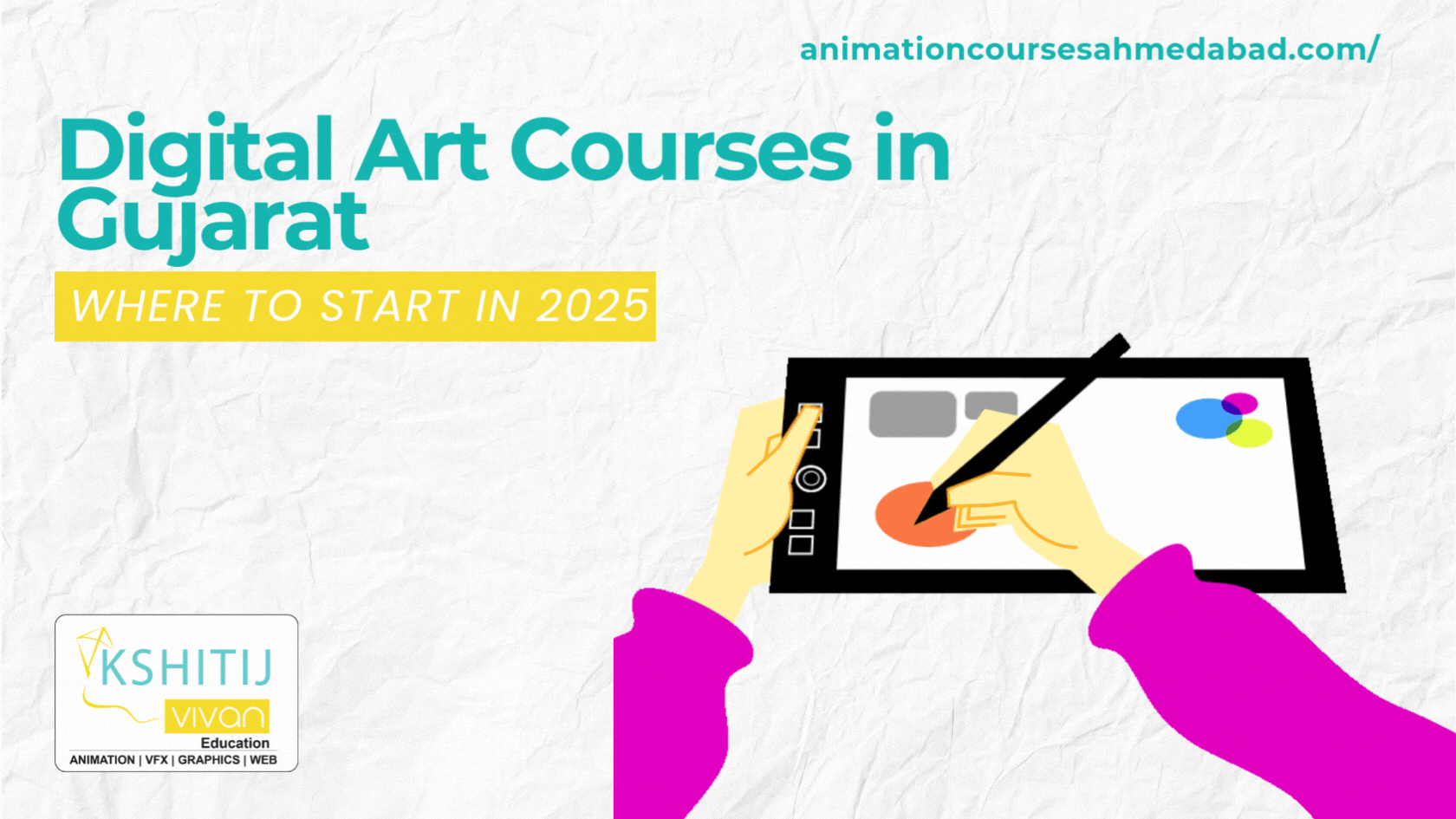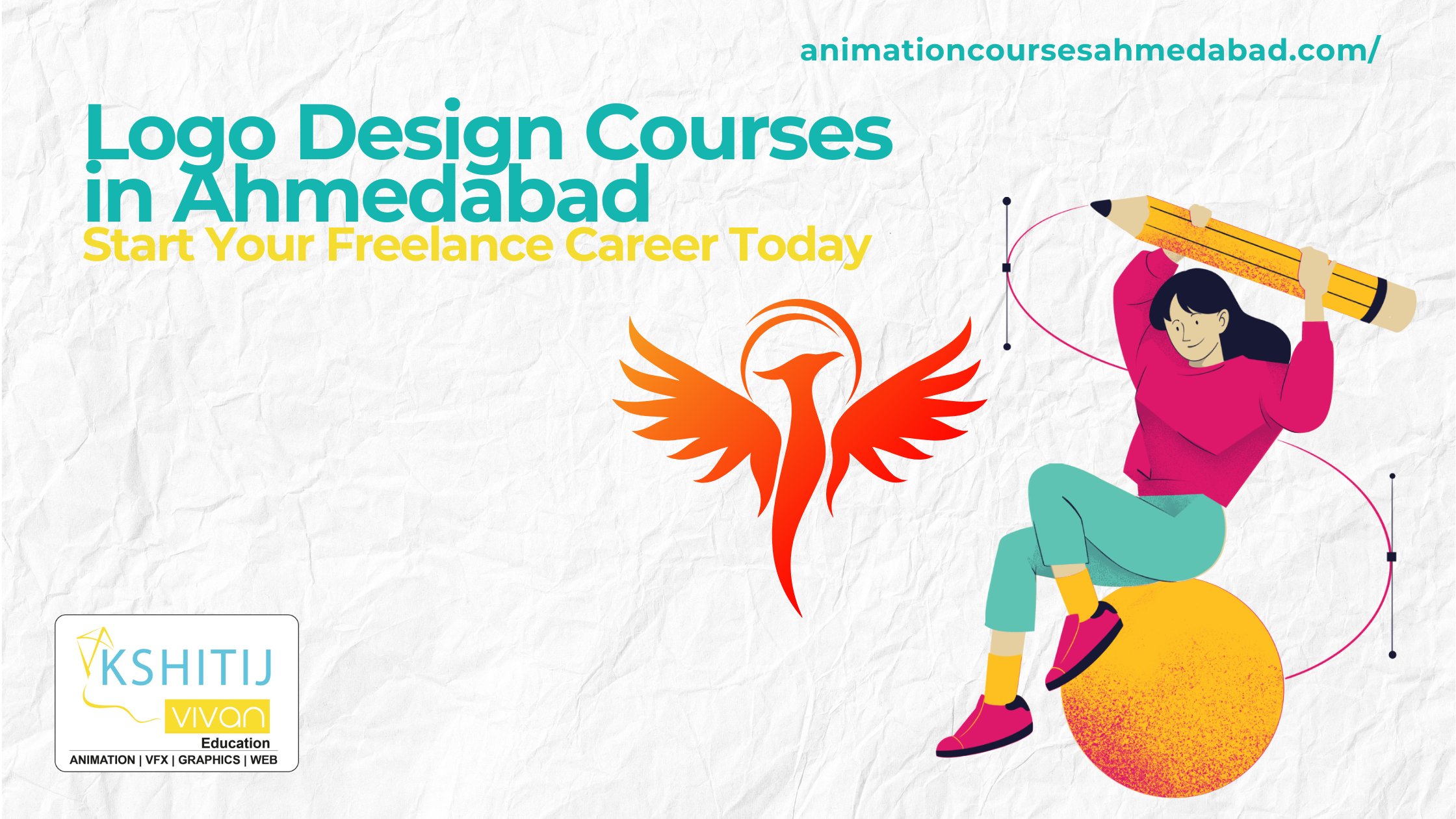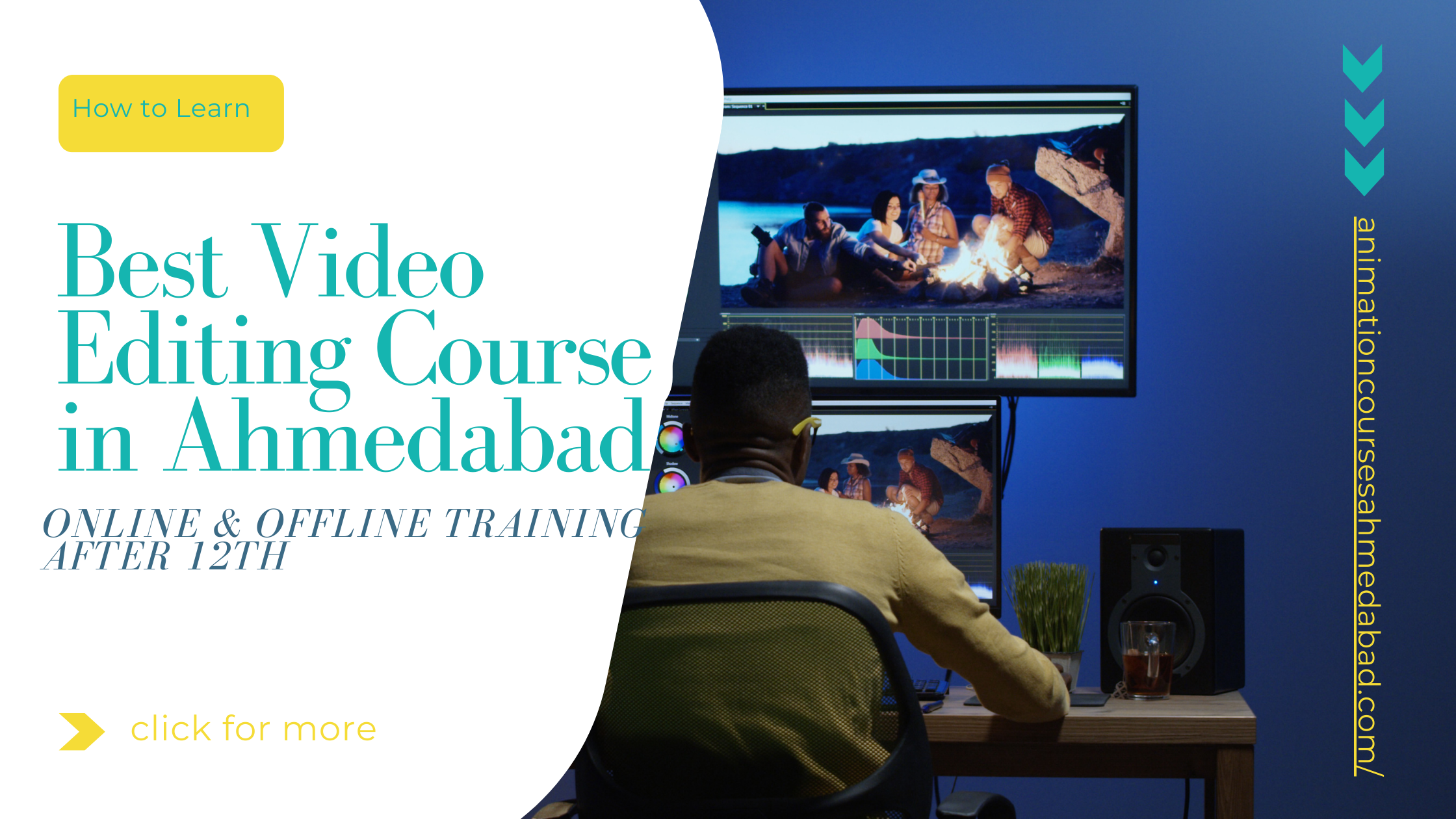
Is there Job Opportunities in Animation: Career scope in 2023
The animation industry is very demanding and growing in India, so yes there are great career opportunities in animation.
From entry-level to high-level, from animator, and modeler to the director, there is wide scope for the animation field as it welcomes always new brains to work on changing technologies.
Here we will see in-demand job opportunities in the animation industry.
What is animation?
An animation is an art form that combines drawing, painting, and movement. The word animation can refer to both the process and the result of creating a frame-by-frame motion picture. Each frame is known as a "shot".Animation is the art of creating moving images. It can be recorded with either analog or digital media. In the early years of animation, the process of making films was very time-consuming.
However, over time this has become easier for animators to do and there are many tools available today
that make it possible for anyone to create animations with ease.
Animation can be used in film, television, and video games as well as in other fields such as advertising and graphic design.
In-demand job opportunities in the animation
3d designer
3D animation Designers create 3D models and drawings from preliminary sketches and the description of a product or an object.
They can make physical models, computer-generated images, or both.
3D Modeling Artists take the designer's initial concept and develop it
into detailed 2-dimensional drawings that are used to construct the final product.
VFX Supervisor
As a VFX Supervisor, you are responsible for the visual effects of a film and making sure they are done promptly.
You work with other departments to ensure that your team has everything
they need to complete their tasks effectively and efficiently.
The VFX Supervisor is an important role as they oversee all aspects related to visual effects,
including managing budgets and schedules; hiring artists; creating concept art;
overseeing technical aspects like lighting or rendering; reviewing animation tests;
working with writers on how their story fits into the visual world of the film (i.e., how does it look when we shoot this scene?).
Technical Director
Technical Directors are responsible for working with other departments to ensure that the project runs smoothly
and that it is delivered on time and under budget.
When working on CG-heavy projects (especially those created in 3D),
Technical Directors also need to keep track of visual effects, script changes,
and other technical aspects of production as they occur.
To do this well, a Technical Director needs experience and knowledge in all areas of animation production
from storyboarding and modeling characters through lighting and rigging scenes in post-production.
It's also important for them to be able to communicate effectively
with clients about what has been achieved so far during each stage of development
Art Director
Art Director is the head of the art department. They are responsible for all visual aspects of a film, television show, or video game.
Art Director will develop characters, props,
and sets but they don't do any actual drawing themselves;
they supervise the artists who do it.
This job sounds like an exciting one because you get to be involved in everything from concept art to final design.
You would also have to be good at communicating ideas with other people such as writers and directors
because your work must fit into their vision of what's going on in their story world.
3d artist
If you're interested in 3D art and animation, then this is the perfect opportunity for you.
A 3D artist specializes in creating virtual characters, objects, and
environments that appear realistic.
Their work also includes facial expressions, lighting effects,
and other techniques used to make their creations more lifelike than ever before.
3D artists are involved in every aspect of production from pre-production to post-production.
They need to be skilled at modeling and texturing so they can create 3D models based on what their clients want them to build.
3d Modeling Artist
If you love creating and manipulating 3D objects, then this is the position for you. You'll work with other artists to create models, textures,
and animations for a variety of projects.
The 3D modeling artist uses software tools like Maya to create models
and textures that are used in film or games.
They must be able to work independently
and meet deadlines while collaborating with other artists daily.
Rigging Artist
Rigging is the process of attaching an animation skeleton to a 3D model. This allows for the movement of the character, and it's often done by a rigging specialist or "rigger."
Riggers work closely with animators, who are responsible for bringing life to digital characters.
Animation artists are in charge of creating movements on screen,
from hand-drawn characters to computer-generated ones.
The best way to learn more about
this exciting field is by checking out the Animation course in Ahmedabad.
Lighting & Rendering Artist
Lighting artists use 3D software to light scenes, which is the process of adding shadows
and highlights to create depth and emotion.
They’re responsible for adding ambiance and mood to a scene,
as well as setting up lights to make sure that the characters or objects look good in their environment.
Lighting artists also render images
which means that they take all of their work from 3D models into a final product.
To do this, they often work closely with an art director and technical director (usually one person).
Illustrator Artist and Storyboard Artist
If you want to draw, you could be an illustrator. You'll need to create illustrations, designs, and storyboards for projects.
If you want to draw pictures of people in motion then you could be a storyboard artist. If it's just about the drawings and not about telling stories then this is your job!
Exciting job opportunities in the animations career
- You already know that animation is a creative and technical field,
but did you know it's one of the fastest-growing industries in the country?
- Many people work in animation today
and that number is expected to grow as demand for animated content increases.
- Job opportunities are available all over the world.
If you want to see your name on the credits of an animated series or film,
you're not limited to working for Animation studios in Ahmedabad or Mumbai!
- Your experience level matters when it comes to finding a job in animation.
Many entry-level positions require no prior experience at all
(though some may require basic skills such as drawing).
If you have more experience under your belt,
though, that's great news
you can put those skills toward creating animations of different kinds!
Different types of animation
2D Animation
2D animation is the most common form of animation in use today. The process involves creating images on a flat surface, called cells, and
then laying them out in sequence to create a film.
It's considered more traditional than 3D CGI because
it's done using pencils and paper (and sometimes paint).
3D Animation
3D CGI is similar to 2D animation but with
the added dimension of computer-generated images that can be manipulated digitally.
This type of animation is often used for movies and video games
as well as special effects work in live-action films like Lord of the Rings.
Stop motion
Stop-motion animation involves filming real objects one frame at a time
and freezing each frame so that they appear to move when played back in sequence;
Live action refers simply to any movie where actors perform scenes together on set rather than
animated characters being created through CG technology-
it's also used synonymously with "traditional" filmmaking!
Conclusion
Animation is a very interesting career that can be lucrative for many different people.
It's important to note that there are many different types of animations,
so if you want to get into this field and become an animation designer, it's important to know what kind of work
you want to do first before deciding how much education or training you need.
The best way for anyone looking for work in animation would be to look at job postings online
and see what positions are available within their area of interest.



